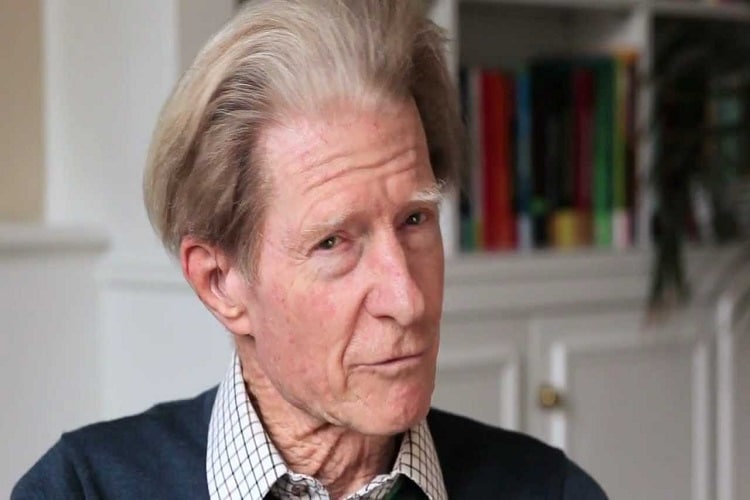John Gurdon is a British developmental biologist. John Gurdon was awarded the Nobel Prize in Physiology or Medicine in 2012.
Life and Career
John Gurdon was born on 2 October 1933 (age 89 years), in Dippenhall, United Kingdom. He attended Eton College and later studied zoology at Christ Church, Oxford University, graduating in 1956.
Gurdon’s groundbreaking work began during his time as a graduate student at Oxford under the supervision of Michael Fischberg.
In 1962, Gurdon conducted a groundbreaking experiment that involved transplanting the nucleus of a mature frog cell into an egg cell whose nucleus had been removed. This technique demonstrated that the nucleus of a fully differentiated cell still contained the genetic information required to create an entire organism. This work challenged the prevailing belief that cell differentiation was irreversible and opened the door to the field of cloning.
In the subsequent years, Gurdon continued to study nuclear transplantation in various organisms and made important discoveries related to cell differentiation.
His research laid the foundation for the cloning of animals, including the famous cloning of “Dolly the sheep” by Ian Wilmut in 1996.
Gurdon’s work also had significant implications for stem cell research, as it highlighted the potential to reprogram mature cells back into a pluripotent state, leading to the development of induced pluripotent stem cells (iPSCs).
John Gurdon passed away on 30 September 1994, in Paris, France.
Award and Legacy
John Gurdon was awarded the Nobel Prize in Physiology or Medicine in 2012, jointly with Shinya Yamanaka. They received this prestigious award for their groundbreaking work on reprogramming adult cells into pluripotent stem cells, a discovery that revolutionized the field of regenerative medicine.
In 2009, Gurdon was also honored with the Albert Lasker Basic Medical Research Award, recognizing his pioneering work in developmental biology and nuclear transplantation.
John Gurdon’s legacy extends far beyond his groundbreaking experiments. His contributions have reshaped our understanding of cellular biology, inspired scientific innovation, and paved the way for transformative developments in regenerative medicine and biotechnology. His work continues to impact the scientific community and society as a whole by offering new possibilities for medical treatments and scientific discovery.

